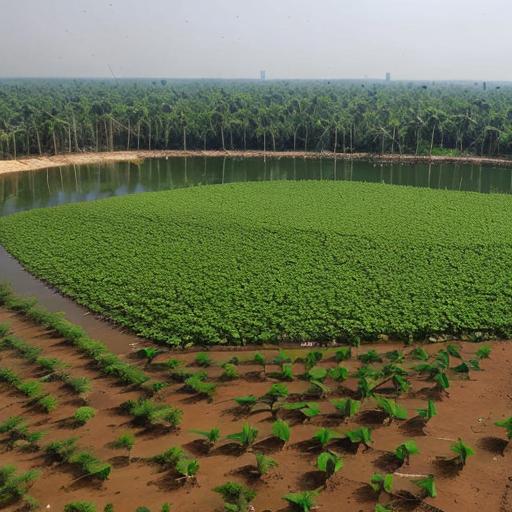Introduction:
In the ever-evolving realm of Indian politics, the delicate balance between development and environmental preservation stands as a formidable challenge. As the nation pursues economic growth and social progress, the need to mitigate environmental impact has become increasingly evident. In this blog, we delve into the complex interplay between development and environmental concerns, exploring the strategies and challenges faced by policymakers in India.
- The Development Imperative: India, with its burgeoning population and diverse economic landscape, has set ambitious development goals to uplift its citizens and emerge as a global economic force. Infrastructure projects, industrialization, and technological advancements are seen as crucial components of this development narrative.
- Environmental Imperatives: Simultaneously, the country grapples with pressing environmental challenges such as air and water pollution, deforestation, and the impact of climate change. The urgency to address these issues has intensified with a growing awareness of the long-term consequences on public health and ecological sustainability.
- Policy Measures for Sustainable Development: Policymakers are confronted with the task of crafting measures that foster development without compromising the environment. Initiatives such as the National Action Plan on Climate Change, promotion of renewable energy, and stringent environmental regulations aim to strike a balance between progress and preservation.
- Green Technologies and Innovation: The integration of green technologies and innovation into development projects is emerging as a key strategy. From eco-friendly infrastructure to sustainable agriculture practices, incorporating environmentally conscious solutions is crucial for fostering sustainable development and reducing the ecological footprint.
- Public Awareness and Participation: A fundamental aspect of balancing development and environmental concerns lies in fostering public awareness and participation. Engaging citizens in environmental conservation initiatives and promoting sustainable practices can amplify the impact of policy measures.
- Challenges and Trade-offs: Acknowledging the challenges, policymakers face tough decisions in balancing short-term economic gains with long-term environmental sustainability. Striking the right balance often involves making trade-offs and navigating the complexities of competing interests.
- International Collaboration and Commitments: Environmental issues transcend borders, and India actively participates in international collaborations and commitments to address global challenges. From climate accords to joint initiatives, forging alliances with the international community is crucial for a comprehensive approach to environmental stewardship.
- Corporate Responsibility: Recognizing the significant role played by industries in the development process, encouraging corporate responsibility is vital. Sustainable business practices, ethical supply chains, and adherence to environmental standards contribute to a more harmonious coexistence of development and environmental goals.
Conclusion:
In the pursuit of progress, India stands at a crossroads where the choices made today will shape the future for generations to come. Balancing development and environmental concerns requires nuanced policymaking, technological innovation, public engagement, and a commitment to international cooperation. As India navigates this complex terrain, the synergy between growth and environmental stewardship will ultimately determine the sustainability and resilience of the nation on the global stage.

